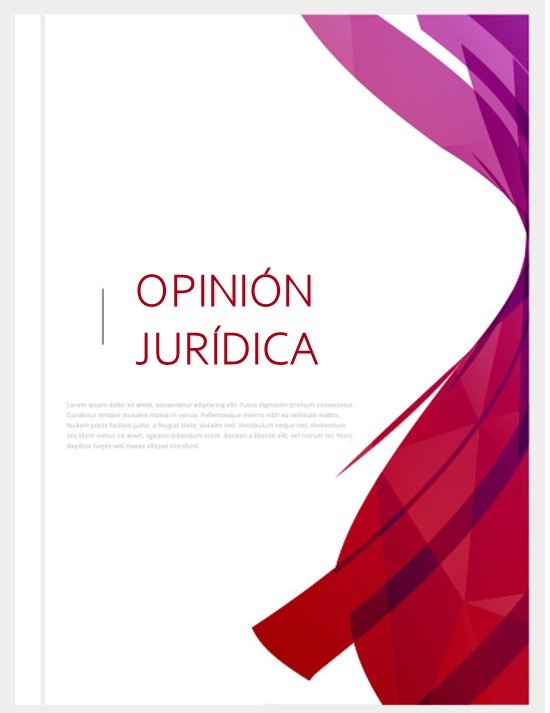Subsidiarity as a principle of state organization and its reflexes in local spheres analysis of Brazil and Germany
- Articles
- Submitted: November 16, 2016
-
Published: June 30, 2019
Abstract
The principle of subsidiarity is accepted in law in its sociopolitical and state organization forms, being considered a highlight in Germany and compatible in Brazil due to its relevance to local autonomy and cooperative logic. Through the method of deductive and bibliographic procedural, the structure of the text starts from the analysis of subsidiarity as a principle of state organization in Germany, to later verify the relation of this principle with the Brazilian federal state and, finally, to analyze the applicability in the Brazilian local context towards the autonomy of municipalities, and also emphasizing the benefits of the insertion of this principle in different spheres of the Brazilian federation. At the end, it suggests that such a principle be applied in the face of cooperation between local authorities, since subsidiarity is based on vertical scaling, where competences are kept to a minimum. Also, in which States and Union should only yield certain competences that they themselves are not able to assume. This principle is seen as crucial for local governments in order to participate nationally in the quest for citizenship and for solutions of local interest.
References
Baracho, J. A. O. (1997). O princípio da subsidiariedade: conceito e evolução. Rio de Janeiro: Forense.
Berman, S. E. (2001). Modernization in historical perspective: the case of imperial Germany. World Politics 53(3), p. 431-462.
Bundesrepublik Deutschland (2018). Grundgesetz. Recuperado de https://www.bundestag.de/gg.
Carneiro, J. M. B.; Dill, G. (2012). Arranjos federativos regionais na Alemanha e o papel articulador dos Landkreise. Cadernos Adenauer XII,(4), p. 57-77.
Carvalho, K. G. (2008). Direito constitucional: teoria do Estado e da constituição, direito constitucional positivo. Belo Horizonte: Del Rey.
Clergerie, J. L. (1997). Le principe de subsidiarité. Paris: Elipses.
Ferreira Filho (1997). Comentários à Constituição Brasileira de 1988. São Paulo: Saraiva.
Ferraz, A. C. C. (1979). Poder constituinte do Estado-membro. São Paulo: Revista dos Tribunais.
Götz, V., Hecker, M. (1999). Il principio di sussidiarietà nel diritto constituzionale tedesco com particolare rifirimento allá sua dimensione federale. Em Rinella, A., Coen, L., Scarciglia, R. Sussidiarietà e ordinamenti constituzionali: esperienze a confronto (p. 102-132), Padova: CEDAM.
Gonçalves, V. M. N. (2003). Estado, sociedade civil e princípio da subsidiariedade na era da globalização. Rio de Janeiro: Renovar.
Hermany, R. (2012). Município na Constituição: o poder local na constitucionalismo luso-brasileiro. Curitiba: Juruá.
Hermany, R. (2005). O princípio da subsidiariedade e o direito social de Gurvitch: ampliação das competências municipais e a interface com a sociedade. Em Leal, R. G., Reis, J. R. Direitos sociais & políticas públicas. Desafios contemporâneos (p. 101-121). Santa Cruz do Sul: EDUNISC.
Horta, R. M. (2002a). Direito constitucional. Belo Horizonte: Del Rey.
Horta, R. M. (2002b). Federalismo e o princípio da subsidiariedade. Em Martins, I. G. S. As vertentes do direito constitucional contemporâneo: estudos em homenagem a Manoel Gonçalves Ferreira Filho (p. 59-78). Rio de Janeiro: América Jurídica.
Hockerts, H. G. (1981). German post-war social policies against the background of the Beveridge Plan: Some observations preparatory to a comparative analysis. Em Mommsen, J. The emergence of the welfare state in Britain and Germany 1850-1950 (p. 198-210) London: Croom Helm.
Krell, A. (2008). Leis de normas gerais, regulamentação do Poder Executivo e cooperação intergovernamental em tempos de Reforma Federativa. Belo Horizonte: Fórum.
Maciel, O. S. (2004). Princípio de subsidiariedade e jurisdição constitucional. Belo Horizonte: Mandamentos.
Mello, C. D. A. (1996). Direito internacional da integração. Rio de Janeiro: Renovar.
Medina, P. (2002). O princípio da subsidiariedade. Em Martins, I. G. S. As vertentes do direito constitucional contemporâneo: estudos em homenagem a Manoel Gonçalves Ferreira Filho (p. 205-239). Rio de Janeiro: América Jurídica.
Merk, G. (2013). Das Subsidiaritätsprinzip. Recuperado de https://www.wiwi.uni-siegen.de/merk/downloads/lehrmittel/subsidiaritaetsprinzip_definitionen.pdf.
Nipperdey, T. (1980). Der Föderalismus in der deutschen Geschichte. Em Boogman J.C., Van Der Plaat, G. N. Federalism (p. 159-179). Dordrecht: Springer.
Nunes, L. A. R. (2002). O princípio constitucional da dignidade da pessoa humana: doutrina e jurisprudência. São Paulo: Saraiva.
Palier, B. (2010). Continental Western Europe. Em Castles, F. G. The Oxford Handbook of the Welfare State (p. 203-232). Oxford and New York: Oxford U.P.
Quadros, F. (1995). O princípio da subsidiariedade no direito comunitário após o Tratado da União Européia. Coimbra: Almedina.
Van Kersbergen, K. (1995). Social Capitalism: A Study of Christian Democracy and the Welfare State. London: Routledge.
Zimmermann, A. (1999). Teoria geral do federalismo democrático. Rio de Janeiro: Lumen Juris.
Weber, A., Gas, T. (2000). Republique Fédérale d’Allemagne: justice constitucionnelle et subsidiarité. Em Delpérré, F. Justice constitutionnelle et subsidiarité (p. 137-177). Bruxelas: Bruylant.



 Attribution-NonCommercial 4.0
International (CC BY-NC-ND 4.0)
You are free to:
Attribution-NonCommercial 4.0
International (CC BY-NC-ND 4.0)
You are free to:













